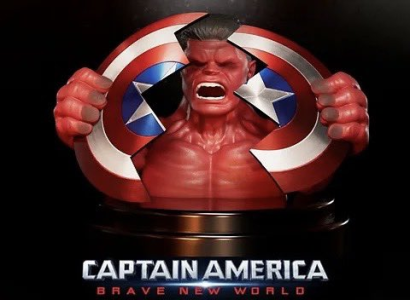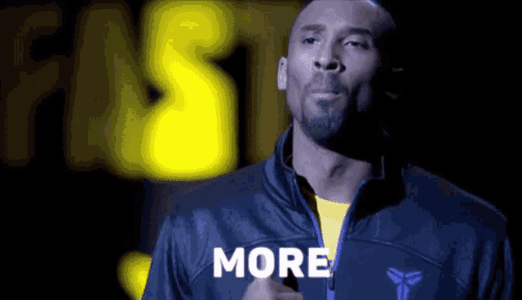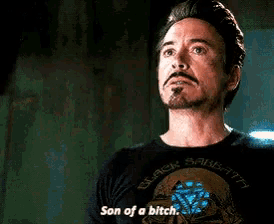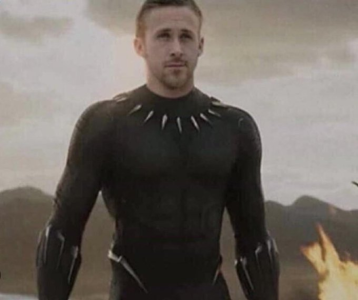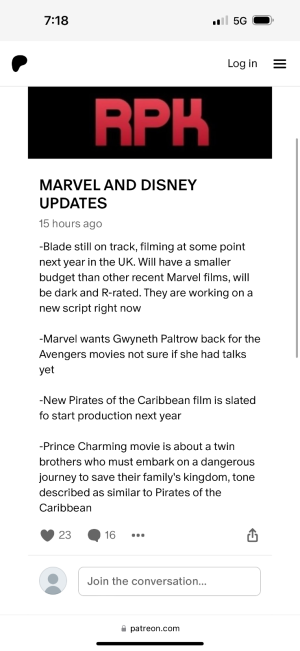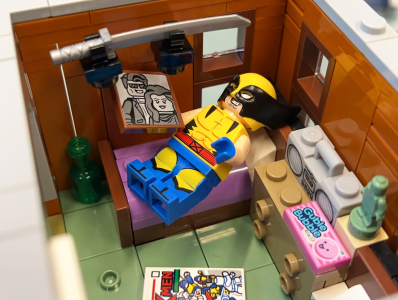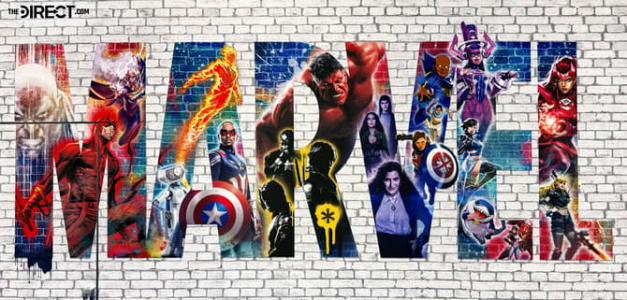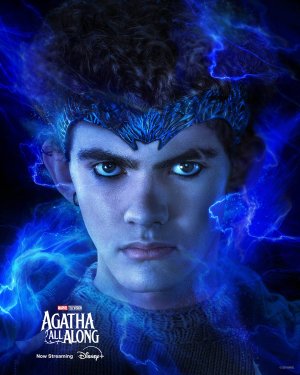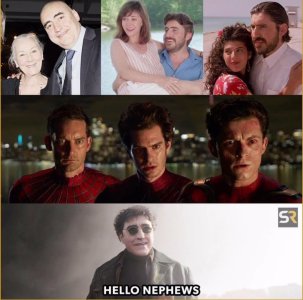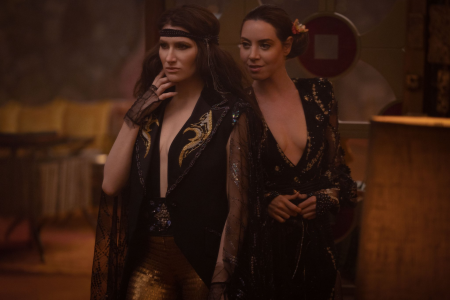6 Shocking Behind The Scenes Stories You Never Knew About MARVEL STUDIOS
6. A Near Falling Out With Robert Downey Jr.
When Marvel decided to adapt Civil War with Captain America 3, it became necessary to renegotiate Robert Downey, Jr.'s pricey contract. Though Marvel had originally only wanted the actor for a small role which would have required just three weeks of his time, Disney pushed for more. The prospect of a bigger payday for the actor incensed frugal Marvel CEO Ike Perlmutter, who ordered the screenwriters to write Iron Man out of the script.
It was then down to Kevin Feige to smooth things over with his boss, providing him with an idea of a bigger picture and the kind of doors that adapting Civil War would open. The deal at one point appeared to be dead, and it looked like Marvel and Robert Downey, Jr. could be on the outs. Feige however salvaged things and came up with an arrangement which made everyone happy.
As a result, Downey, Jr. will collect around $40 million for starring in Captain America: Civil War, as well as box office backend and an additional bonus if the movie ends up outperforming the $714 million earned by Captain America: The Winter Soldier.
5. Extreme Cost Cutting Measures
While they may have started out above a Mercedes dealership, you would think that Marvel's box office success would change just how careful they are with money, right? There are a lot of stories about how Perlmutter cuts costs, and when Marvel moved to the Disney lot in Burbank, it's been reported that the CEO declined to upgrade the company's worn furniture.
It's even been claimed that he's taken umbrage with reporters being given more than one can of drink at junkets, and while this might sound silly on the surface, it could also be argued that these are the decisions of a smart man good at making money. Those multi-picture deals are also a way of cutting costs, and Marvel has been known to pay actors very little for their first appearances in the Marvel Cinematic Universe. At one point, Robert Downey, Jr. actually had to step up and campaign for his co-stars to get pay increases. On the TV side things aren't much different; actors are signed up for seven years and possible movie appearances.
However, it seems that Feige ultimately had a gutsful of these frugal way, hence why Marvel Studio now reports directly to Disney instead.
4. Kevin Feige v Avi Arad: Dawn Of...Something
Despite helping to at least open the door for superhero movies, producer Avi Arad is widely credited for running the Spider-Man franchise into the ground with the creative decisions he forced on both Spider-Man 3 and The Amazing Spider-Man movies. Kevin Feige and Arad don't get along, and when the latter quit Marvel in 2006 due to a lack of faith in their ideas for a Cinematic Universe, it was Feige who would soon take over as the studio's head.
Arad has since tried to take credit for creating Marvel's slate, despite at one time happily agreeing to produce a movie which would have seen Iron Man unable to fly and dressed by his toaster. This has created a lot of tension between the two, and explains why Arad was so dead set against Spider-Man ever joining The Avengers when interviewed in 2014.
Feige however would emerge victorious; it's been widely reported that he was insistent that Arad have absolutely no involvement with Marvel and Sony's reboot of Spider-Man, something which we now know to be the case!
3. War Machine Controversy
While he may remain strictly behind the scenes, Perlmutter has still been involved in a fair share of controversy with some of the decisions he's made over the years. For example, after paying him a whopping $5 million for Iron Man, it was the Marvel CEO who decided that if he was unwilling to take a pay decrease, Terrence Howard would be replaced.
That's exactly what happened, but Perlmutter has been alleged to have told colleagues that no one would notice the change because both actors are black. This has been strongly denied by Marvel and probably isn't true, but it does at least in some ways demonstrate just how ruthless a force the CEO is. Controversial it may be, but it's a business model they made work for a long time despite the odd bit of bad press which fallings out like this creates.
2. Near Bankruptcy
In late 1996, Marvel Comics faced bankruptcy thanks to a number of factors, including a reduced interest in the stories they were publishing and a myriad of bad business decisions. Stocks that were worth $35.75 each in 1993 had sunk to $2.375, and Marvel were forced to sell the film rights for popular characters like Spider-Man and the X-Men to say afloat.
All the while, wealthy investors battled for control of the company, but it was one Isaac "Ike" Perlmutter who helped to steer Marvel through bankruptcy protection, ultimately rising to the position of CEO in 2005. Shortly after, the decision to produce their own movies was settled on, and Marvel Studios opened above a Mercedes-Benz dealership in Beverly Hills. The frugal businessman was so concerned with Iron Man's profit potential that he wanted to serve only crisps at the premiere. Little did anyone expect it to make $585 million.
1. A Failed Deal With 20th Century Fox
Daredevil has been a massive hit for Marvel after debuting on Netflix, but it seems like the character was never a priority for Kevin Feige. After all, he handed him off to Marvel Television when they regained the rights, despite Joss Whedon insisting that the Man Without Fear be given his own movie. Feige even admitted to having not had time to watch the entire series during the press tour for Avengers: Age Of Ultron, showing what a limited creative role he likely had in it.
In fact, when Fox came close to rebooting Daredevil with Joe Carnahan (The Grey) with only months to go before the rights would return to Marvel, Feige is reported to have offered them a deal. They would allow the studio the extra time they needed to get the 1970s set reboot into production in exchange for the rights to Fantastic Four characters Galactus and Silver Surfer. Sensing that they were probably being played, Fox refused to make the deal.
It is however hard to not wonder just how different both Guardians And The Galaxy and Avengers: Infinity War would have been with those two icons in Marvel and Feige's hands. Still, after the dismal performance of the 2015 reboot, they may still get them back!












